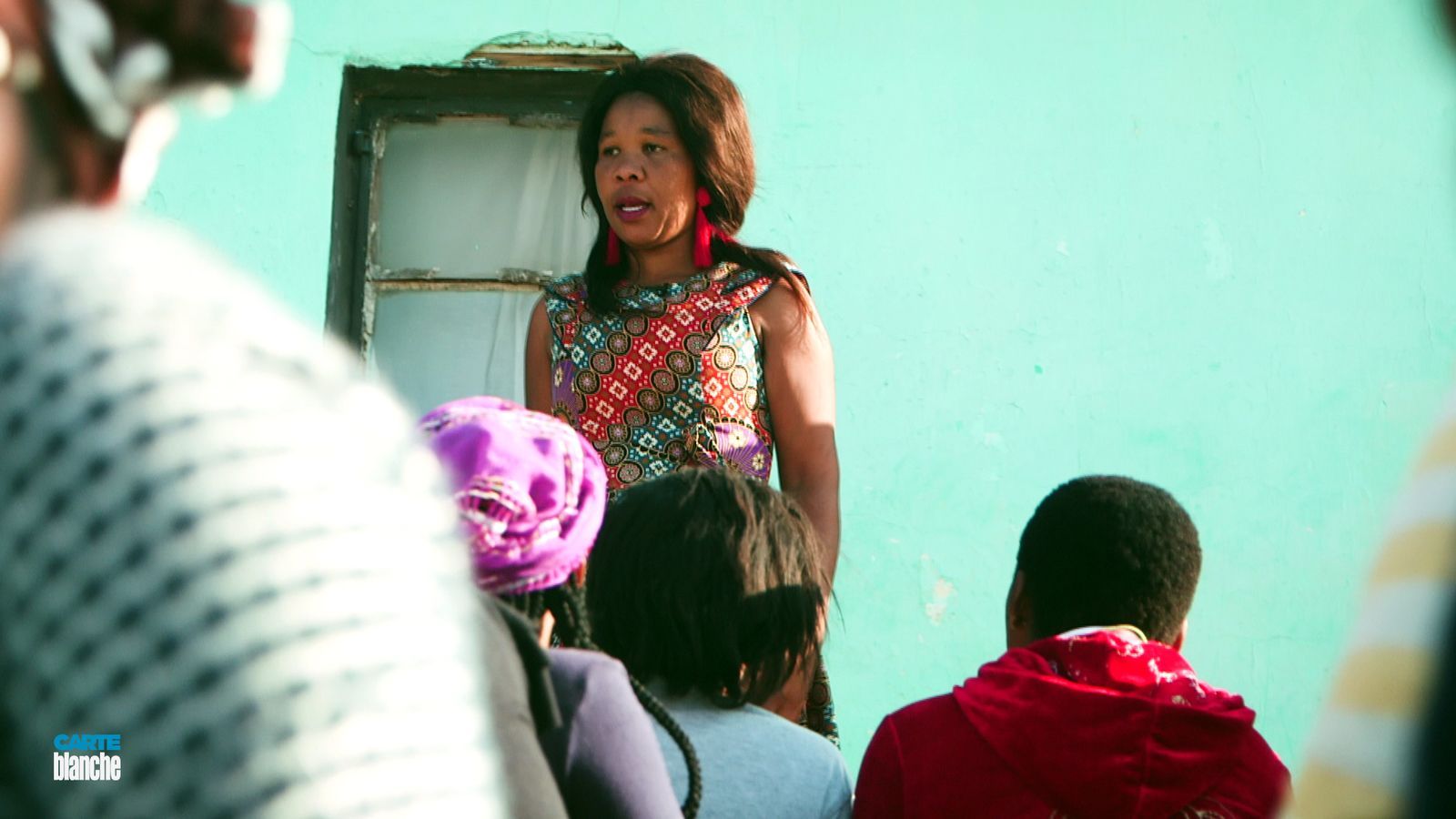Masa Kekana (@MasaKekana) is a South African journalist who has worked at one of the country’s leading news agency; Eyewitness News servicing four major radio stations namely – Talk radio 702, Cape Talk, K fm and 94.7. Masa has criss-crossed the country covering stories of national and global importance. She has been featured several times on BBC News in London for some of her headline stories such as Rhodes Must Fall. Joburgers are familiar with her voice not only for her top stories as a reporter on the ground but as the news anchor on 94.7 weekend breakfast show. Masa is the newest addition to the internationally award winning news show on M-Net; Carte Blanche. She joins the team of renowned researchers, producers, journalists and presenters contributing to bringing the truth to the fore.
The term “child bride” is problematic and the strangest oxymoron.
South Africa has just over 90 000 children who have been forced into marriage, and these are the cases we are aware of. There are definitely more because one: these marriages are not registered, and two: most of the victims of the practise do not speak out or get a chance to escape.
We travelled to the Eastern Cape to the rural village of Dutywa where we spoke to a woman named Pamela. Pamela was kidnapped at 16 and forced into marrying a man in his mid 30s, a man more than twice her age. Her mother lived in town where she worked as a domestic worker and her father was never married to her mother so culturally had no say in her life. Despite the lack of direct parenting and access to her parents, Pamela did well in school and had dreams of becoming a nurse one day. She was a stellar student too and enjoyed school.
One day, an elderly woman whom she knew from the area lured Pamela out of her home and that walk changed Pamela’s life forever. The woman led her to a pair of men Pamela recognised who then physically carried her to her awaiting husband’s house. And, just like that, Pamela became some man’s wife.
She had to trade in her school uniform to take on wife duties. She says her marriage was awful. Her husband was physically abusive. She explained how he would beat her badly then rape her while saying “there is nothing you can do about this”. Over the years Pamela tried to escape but without much successful until about three years ago, and three kids later, when she managed to flee with her sons. She was scared and broken.
Adults who are supposed to protect children have distorted historic traditional practices for economic gains. You will notice my eyes were puffy and red throughout that interview, and that is because I kept crying. Pamela is my age and I cannot imagine at 16 being forced into marrying a man who is that much older than I am. I can’t imagine having to go through the trauma she had experienced. I remembered 16-year-old Masa and how I was still a child and so naïve. It is not right that this has happened to over 90 000 young girls across South Africa.
Pamela now runs a crèche and says she is happier in the company of small children. She takes care of toddlers pretty much for free because the parents in the area cannot afford to pay for daycare. But Pamela does this with the little she makes from working ad hoc temporary work as a cleaner at the town’s fast food restaurants. This is someone who was a great scholar, who could have gone on to finish high school and study further.
The good news is that the law is seemingly catching up with those who force marriage on young girls. For the first time a 14-year-old girl whose mother, the girl’s older husband and his family (who were involved) have been charged. A strong message needs to be sent out that will infiltrate communities where such practices are rife. The 14-year-old Zandi (not her real name to protect her identity), was “fortunate” enough to escape.
Similarly, Zandi and Pamela learnt of the dangers of this polluted form of ukuthwala from school. Both said they were taught in Life Orientation to speak out should they become victim to forced marriage. This tells us that, the more awareness there is, the better the chances of preventing this and saving many young girls.
Cultural experts all agree that this is not the traditional ukuthwala because, back in the old days, the two families would agree and the girl would only leave at 18 years for the husband’s home. She is not forced out of school or randomly abducted. It was also the norm for that era for women to wed young but still not as young as 14. This present-day version of ukuthwala is not ukuthwala and many have attributed it to poor economic conditions.
I think it is devastating that these young girls are not afforded the opportunity to agency, true love, dreams and a future they want for themselves.

